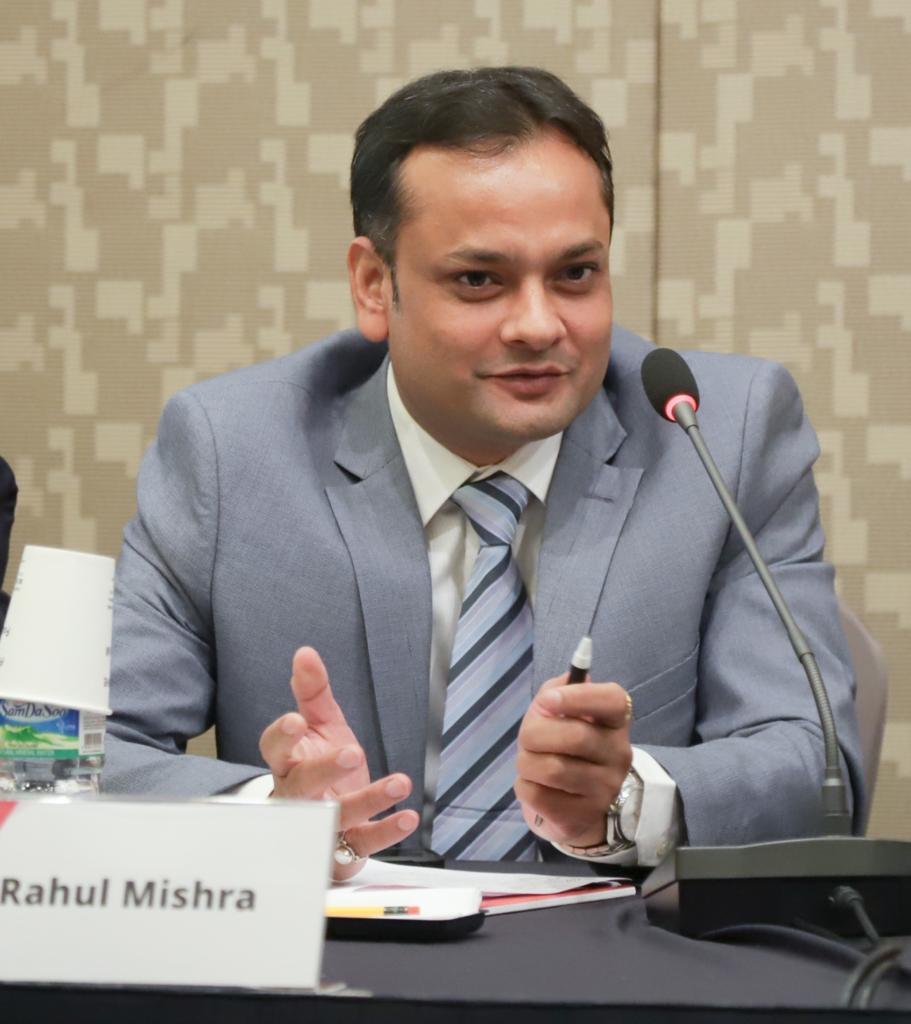By Nabilah Saleh
KUALA LUMPUR, Oct 18 (NNN-Bernama) — As the Association of Southeast Asian Nations (ASEAN) gets ready to hold the 38th and 39th ASEAN Summits and Related Summits at the end of this month, nobody expected the regional bloc to take a bold step to exclude Myanmar’s junta from the summits.
During the ASEAN foreign ministers’ online meeting last Friday (Oct 15) on the preparations for the summits, it was decided that Myanmar should be given space to gets its house in order and return to normalcy in accordance with the will of its people.
The meeting also shot down the request by Myanmar’s shadow government, the National Unity Government (NUJ), to join the Oct 26-28 summits and instead decided to invite a non-political representative to represent Myanmar.
Malaysian Foreign Minister Saifuddin Abdullah said Malaysia agreed to the decision while Singapore through its foreign ministry said the move to exclude the junta chief was a “difficult one, but necessary to uphold ASEAN’s credibility.
Though the junta voiced out its “extreme disappointment” on the decision the following day, the snub on Myanmar was hailed by many as a major turning point in ASEAN’s efforts in tackling the fallout from the Feb 1 coup by General Min Aung Hlaing.
The grouping’s decision was prompted by the insufficient progress in the implementation of the Five-Point Consensus by Myanmar as well as concerns over Myanmar’s commitment, in particular on establishing constructive dialogue among all concerned parties.
ASEAN Special Envoy to Myanmar Erywan Mohd Yusof is yet to meet or have access to the parties concerned as stated in the five-point consensus due to the junta’s reluctance to cooperate.
A strategic expert Dr Rahul Mishra (picture) told Bernama, the decision was indeed a much-awaited and appreciable move.
Since the February coup in Myanmar, ASEAN was under pressure to take concrete steps to resolve the crisis.
The Senior Lecturer at Universiti Malaya (UM)’s Asia-Europe Institute (AEI) said ASEAN has been patiently dealing with Myanmar sticking to its policy of engagement through dialogue.
“The Five-Point Consensus on Myanmar was a step in that direction. Even now, ASEAN’s approach is conciliatory. Even though Myanmar’s General Hlaing is denied a chance to participate in the summit, the window for dialogue is still open via senior official participation.
“ASEAN’s decision is an unambiguous warning signal to Myanmar junta that if it fails to comply on the consensus and doesn’t assist ASEAN’s special envoy, it will have to face the consequences. This move might work but there are still some more hurdles,” he said when contacted via Whatsapp.
On whether the latest move could further accelerate the implementation of the consensus, Rahul doubted that the Myanmar junta will immediately agree to accept all the demands.
“They will still be reluctant and might resist in one way or the other. Implementing the consensus points will not be easy because that would substantially weaken the junta’s position,” he added.
Coinciding with the latest announcement, therefore Rahul suggested for ASEAN to take all steps necessary to expeditiously resolve the Myanmar conundrum.
This includes involving the regional bloc’s dialogue partners that might be useful to involve them in resolving the ongoing issue.
“Past eight months bear testimony to the fact that ASEAN alone is not able to quickly resolve issues such as military coup or human rights violations in individual member countries. ASEAN neither has the mandate or the capacity to intervene and engineer suitable change through force.
“Considering Myanmar and even ASEAN’s economic and trade dependence on ASEAN’s dialogue partners, it may be useful to involve them — Myanmar’s neighbours such as China, Japan, and India could play a much bigger role in engaging the junta and put an end to the ongoing clashes between the armed forces and the rebels.
“The involvement of the United States and Russia would make it even more inclusive,” he said, noting the East Asia Summit (EAS) platform could be the venue to championing the effort if ASEAN allows the engagement to happen.
Since the elected government of Aung San Suu Kyi was overthrown by Gen Min Aung Hlaing on Feb 1, there has been internal unrest in Myanmar with nearly 1,000 civilians killed by security forces. (photoBERNAMA)
— NNN-BERNAMA




